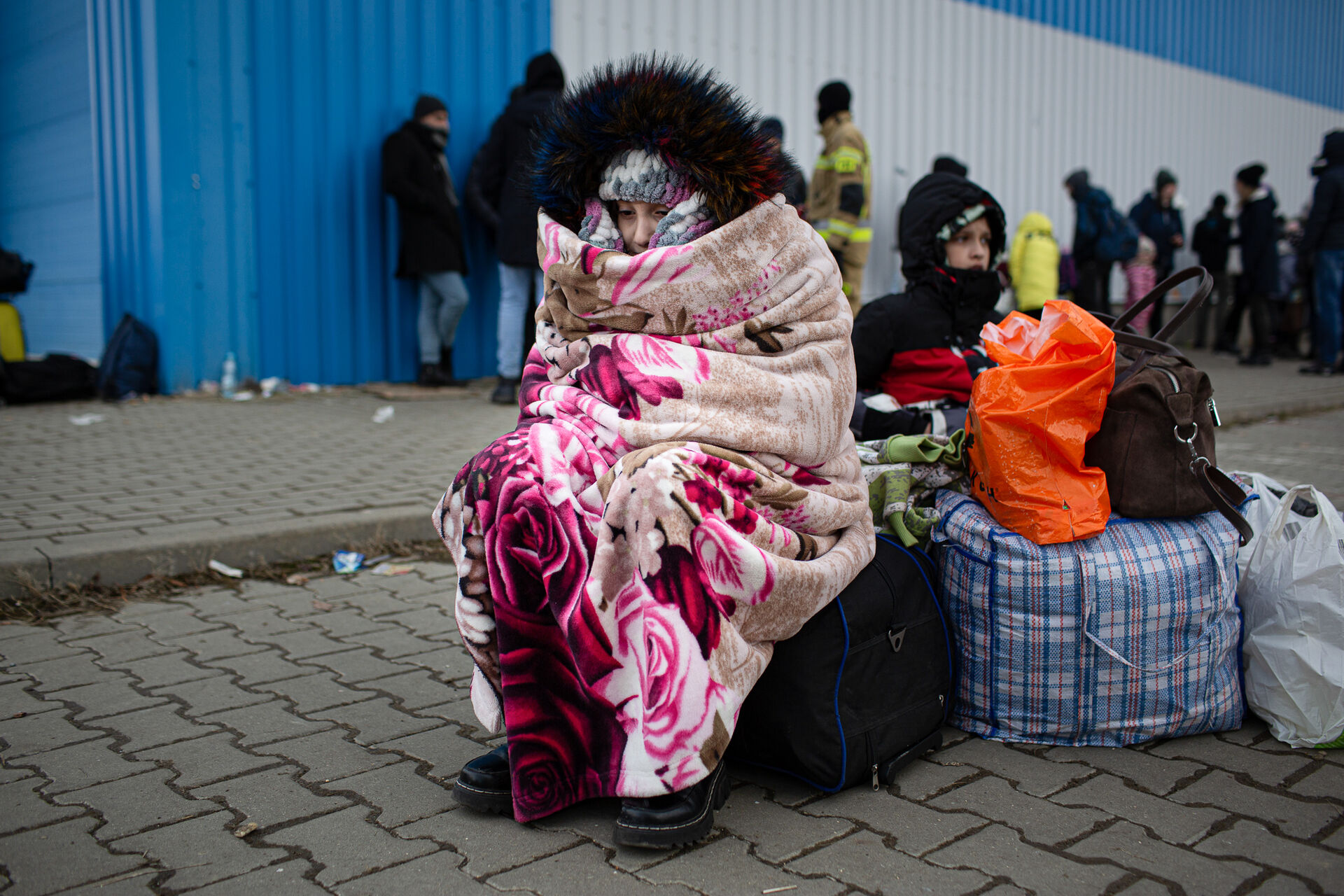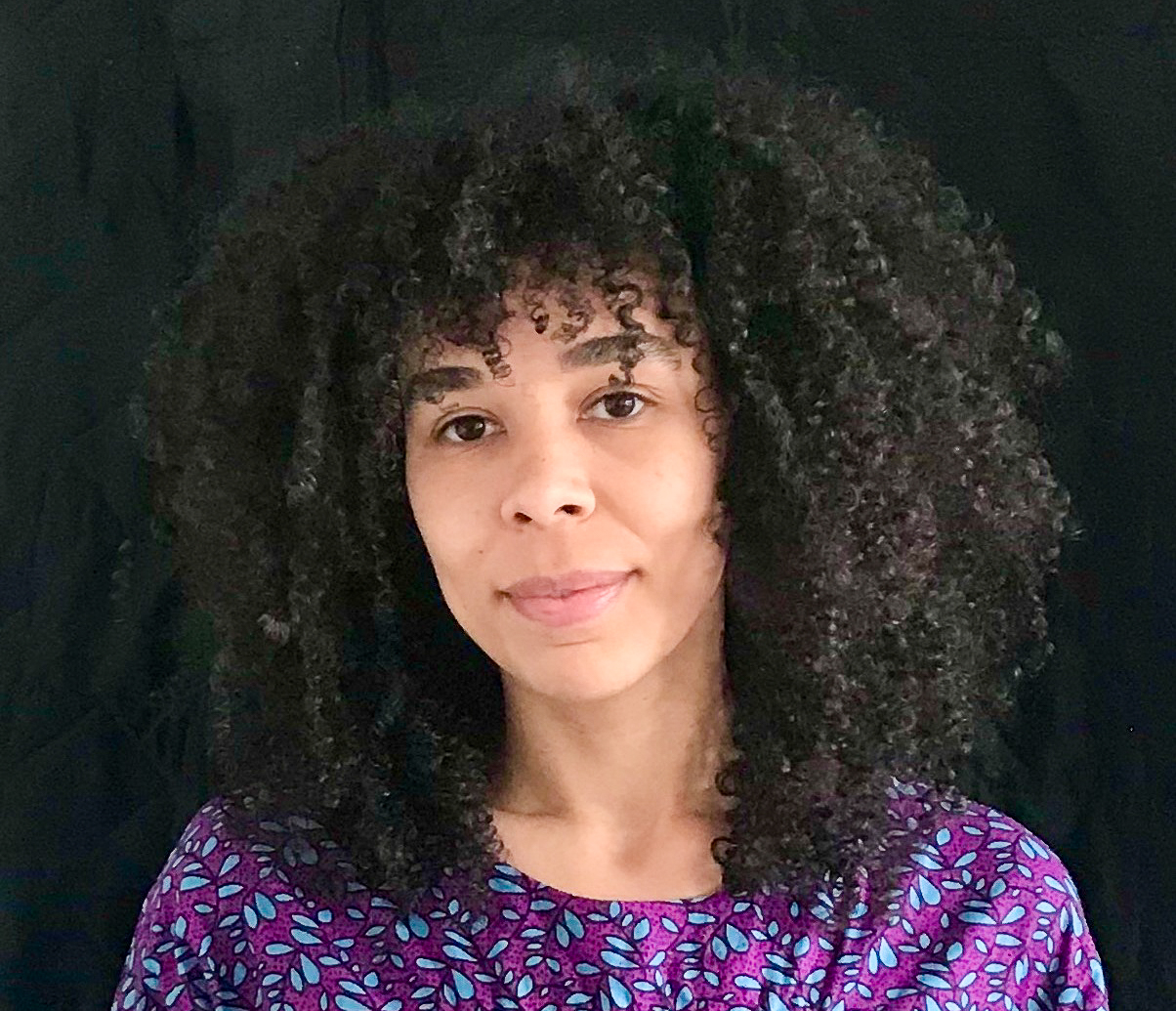Many millions of Ukrainians are fleeing their own country. The first war refugees have already arrived in Norway. This is how we welcome them as best as we can.

Agata (5) had to leave her home in the city of Kherson in southern Ukraine.
(Photo: Becky Bakr Abdulla / Norwegian Refugee Council)

Together with her mother Valeria (35), she was driven to the Polish border by her dad. There, he had to turn around and return home.
(Photo: Becky Bakr Abdulla / Norwegian Refugee Council)

There are many who are in the same situation as Agata and Valeria. War refugees on their way to Norway and other countries in Europe.
(Photo: Marijn Fidder / Caritas Germany)

Cecilie Dangmann, assistant professor at INN University, defended her doctoral thesis on refugees the day after the war in Ukraine broke out. For her thesis, 160 young people from Syria answered questions about their own health and quality of life shortly after settling in Norway.
What we found in the study was that most people were fine and doing well, but young people are in an important developmental phase in life and a good start can therefore have a great impact on their future health and participation in society.
Cecilie Dangmann

Davide Martello from Germany brought his piano to the border between Poland and Ukraine. There he plays for the refugees who arrive. He is one of many who participates in the joint effort these days.
(Photo: Becky Bakr Abdulla / Norwegian Refugee Council)
Helping with everyday, simple things such as offering transport to leisure activities and the like, can be important contributions in the time to come.
Cecilie Dangmann

Experiences from war and the need to flee, and uncertainty about what will happen in the near future, can take a lot of energy. Practical challenges in everyday life in a new country will be an extra burden on top of this, says Dangmann.
(Photo: Philipp Spalek / Caritas Germany)
For us as a host country, it can be important to know what matters most in a critical phase. It seems that the practical challenges and worries create an everyday stress that is very impactful, and that we may be able to do more to ease.
Cecilie Dangmann

By March 20, 3.5 million Ukrainians had fled their country, according to the UN. Most of these are women and children.
(Photo: Caritas Spes)

The UDI has estimated that at least 30,000 Ukrainians will come to Norway during the year. The municipalities in Innlandet County have announced that they are ready to receive up to 4,000 refugees in the short term.
(Photo: Becky Bakr Abdulla / Norwegian Refugee Council)

Lars Lien is a professor. He leads a group of trauma researchers at INN University and is the head of the Norwegian Psychiatric Association. He has also written a book on mental health and life skills for refugees who come here. He has some clear advice for our authorities.

Tip 1: Make sure people get started on their lives in terms of work, leisure, and safe housing.
Tip 2: Get people together and let them talk about their own experiences.
(Photo: Philipp Spalek / Caritas Germany)

Tip 3: Most people who arrive have many resources and the most important thing is to not pathologize all traumas.
Tip 4: Investigate at once how health professionals and other professionals from Ukraine can have their qualifications approved so that they can integrate in working life as quickly as possible.
(Photo: Philipp Spalek / Caritas Germany)

Moa Nyamwathi Lønning is a postdoctoral fellow at INN University. In 2017, she submitted her doctorate on young Afghan refugees who came to Europe alone.

Most of those who arrive nowadays travel with adults, but there is something from the research on the Afghan refugees that is important to keep in mind today too.
(Photo: Marijn Fidder / Caritas Germany)

To be allowed to cross the border, and not be met by fences, walls and guards who try to stop you, and have safe ways to proceed is the very basis.
Moa N. Lønning
(Photo: Philipp Spalek / Caritas Germany)

Although one may be lucky to meet good helpers along the way, there are also those who use the chaos, desperation and suffering of war to exploit others, and children and youth are particularly vulnerable to being exposed to human trafficking, and sexual and physical violence.
Moa N. Lønning
(Phot: Philipp Spalek / Caritas Germany)

I hope my doctorate can help to nuance the image of young people with a refugee background as resourceful, and with knowledge of what is important for a good start in Norway.
Cecilie Dangmann
(Photo: Marijn Fidder / Caritas international)
Read more:
Lars Lien: Asylsøkere og flyktninger (book in Norwegian)
Research group focusing on Trauma at INN University (in Norwegian)
Ask:
- cecilie.dangmann@inn.no
- Phone
- +47 62 43 02 24
- lars.lien@inn.no
- Phone
- +47 62 43 02 85
- moa.lonning@inn.no
- Phone
- +47 61 28 81 50
Made by:
- ole.ringlund@inn.no
- Phone
- +47 62 43 02 71
- nan.kolby@inn.no
- Phone
- +47 62 43 03 26


